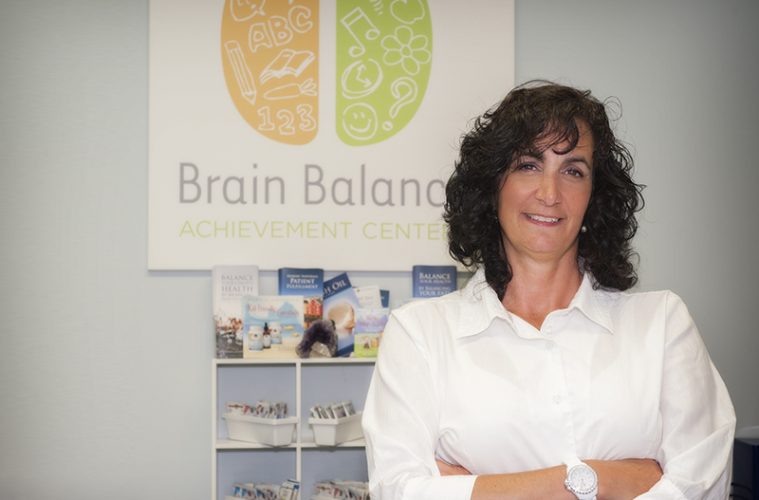When a child is diagnosed with a learning or behavioral disorder, parents go into problem-solving mode. To help their child, they survey options, research studies, reach out to doctors and experts, and even become self-taught experts in their own right.
Their journey toward “answers” involves navigating a counsel of teachers, therapists, doctors, and support groups as well as assessing the effectiveness of medications. Sometimes, the search for solutions begets even more questions. Frustrations can run high, especially when the child’s health, school, social, or family struggles continue unchecked.
For children with ADHD, learning disabilities, and processing and autism spectrum disorders, Brain Balance is a promising treatment option. With 54 locations nationwide, Brain Balance Achievement Centers offer hope for children and families struggling with these disorders. The centers delivered results to more than 3,000 families in 2013 and present the potential for lasting symptom remediation without medication or an army of separate practitioners.
The Brain Balance program was developed in the early 1990s by Dr. Robert Melillo, author of the best-selling book Disconnected Kids. Melillo determined that functional disconnection syndrome (FDS)—an imbalance in brain development—manifests in neurological disorders such as ADHD, learning disabilities, Tourette’s syndrome, OCD, sensory processing disorder, and Asperger’s syndrome. Per FDS, these conditions are the result of either a right- or left-brain deficit; the symptoms differ depending on the side of the brain and the area(s) affected.
The good news, and the basis of Melillo’s nonmedical remediation techniques, is that the brain is remarkably adaptable and able to create new neural pathways in response to environmental stimuli. Through sensory-motor and cognitive stimulation and nutrition changes, the Brain Balance program encourages the brain’s weaker hemisphere to develop new and stronger neural connections. The program brings the weaker and stronger hemispheres back into balance to support effective communication.
Dr. Janine Crifasi, owner and executive director of the Danvers location, one of only two Brain Balance Centers in Massachusetts (the other is in West Springfield), is a chiropractor by training and has studied the principles of FDS for many years. “Our methods are so cutting-edge that they don’t compare to more traditional therapies, and they are completely drug free,” says Crifasi. First, the Brain Balance program begins with a single-session assessment that tests more than 900 sensory, motor, and cognitive functions. The child’s results are then used to create a highly individualized program of stimuli. Programs typically run for 36 up to 72 sessions (after $295 for the initial assessment). Crifasi adds that clients travel from all over the North Shore, southeastern Massachusetts, and New England, and some even fly in from overseas.
Children visit the center three times a week after school to work on motor activities and exercises, sensory stimulation, and academic and cognitive skills that target the weaknesses of the brain’s underdeveloped side. To complement the on-site lab work, a certified nutritionist creates custom dietary guidelines while half-hour-long at-home activities continue the momentum seven days a week.
Brain Balance participants, ages 4 to 17, deal with a host of symptoms, including anxiety, panic attacks, low self-esteem, hyperactivity, hypersensitivity, and OCD. Their family’s testimonials are inspiring and a bit heart-wrenching—the emotion expressed by parents in their quest to find help and their evident joy a seeing improvements in their child’s life are very moving.
“Clients are very happy with our results,” asserts Crifasi, who notes that achievements range from parents finally having a reasonable conversation with their child to an antisocial child getting a part-time job or going on a date. “There’s also the child who finally talks aboutmore than just LEGOs or baseball, who sits still at dinner, or who does not bully or feel bullied anymore.
“No one wants to see a child struggle,” continues Crifasi. “Our job is to ensure that children connect with success—we give them the skills and tools they need for the most fulfilling life pos- sible.” brainbalancecenters.com

